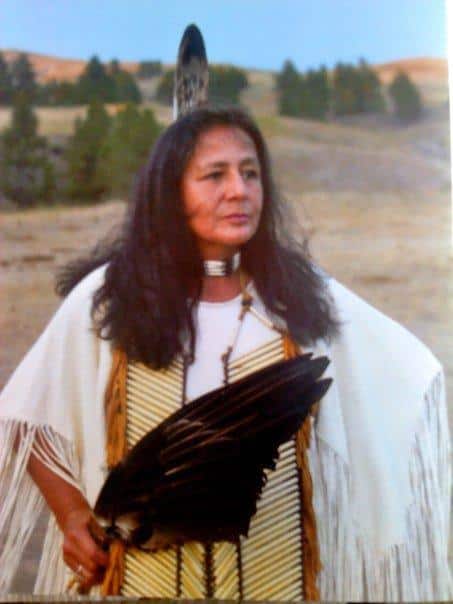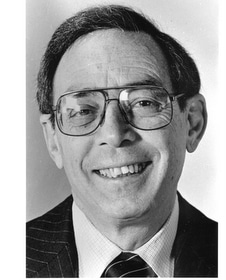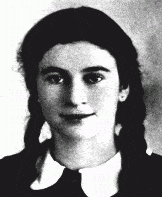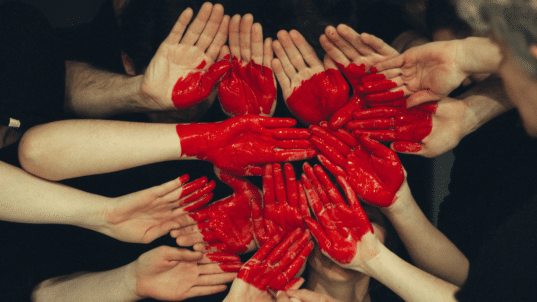
Lakota activist Deb White Plume
Credit Photos courtesy Deb White Plume
Debra White Plume was a member of the Oglala Lakota Tribe. She spent her life trying to protect the Oglala Lakota way of life. As a child, she was encouraged to leave her traditional land and relocate to California as part of the Indian Relocation Act of 1956. This shameful legislation was a federal government attempt to eradicate the cultural traditions of Native Americans and have them assimilate into White society. Debra soon returned to her homeland.
Debra was one of the first persons to join the American Indian Movement (AIM) occupation of Wounded Knee, South Dakota. This was an effort to force the federal government to honor its treaty obligations. The occupation lasted 71 days. Once the occupation ended, little changed. The unemployment rate on the reservation is 85 percent and life expectancy is 30 years below the average for the rest of the country.
Debra founded a group called Owe Aku (Bring Back the Way) as an advocacy group for cultural preservation. She fought for the protection of the reservation’s water supply. Uranium mining just outside the reservation was contaminating the reservation’s water supply. The Keystone and Dakota Access pipelines were also a threat to the water supply and to tribal burial grounds. The uranium mining operation has ceased its work while the pipeline dispute continues.
Debra dedicated the last years of her life to a school without walls that teaches the preservation of the Lakota culture. In 2020, Debra died at the age of 66 from cancer.
The preservation of the cultural identities of its citizens is a vital yet challenging task for a healthy multi-cultural democracy. We often celebrate cultural differences. But the demands of justice also call us to recognize and redress instances where we, acting through our government, have suppressed the culture of communities disfavored by the government, such as with the Lakota and other Native American peoples.
The cultural history of the Lakota is marked by betrayals by our federal government to live up to its treaties. Those betrayals continue to injure and create harms for the Lakota and other Native peoples. Just image how we might foster a culture that allows for celebrating those cultural identities without creating further harms.
Of course, there are problematic appeals to “cultural heritage.” We only need think about the recent resurgence of Neo-Confederate and Neo-Nazi movements and their embrace of the protective mantle of “cultural heritage.” We need to think about the ways a democracy must balance those appeals for cultural preservation with current societal norms and our collective aspirations for a truly just society. There is no reason to think we can have a healthy democracy and make space for cultural expressions that are inherently anti-democratic, racist, or derogatory to groups of our fellow citizens.
Just imagine how we might preserve a culture and celebrate our cultural diversity as a democracy without causing additional harms to those cultures—or to our democracy. Just imagine how we could support an honest approach to the appraisal of the past, including addressing and repairing the harms carried out in our name, while fostering a spirit of openness for the future. Just imagine how we can foster a democratic spirit of “unity from the many” without dissolving the many into bland oneness and without perpetuating the problematic aspects of our past.
* * *
“Preservation of one’s own culture does not require contempt or disrespect for other cultures.” – Cesar Chavez (Legendary labor leader for farm workers and cvil rights activist)
This is part of our “Just Imagine” series of occasional posts, inviting you to imagine with us positive possibilities for a citizen-centered democracy.



